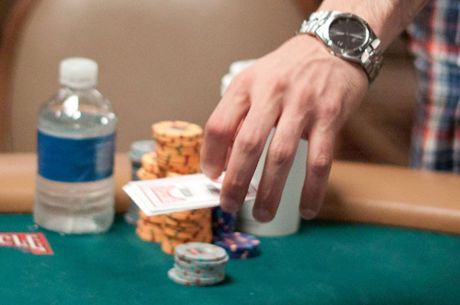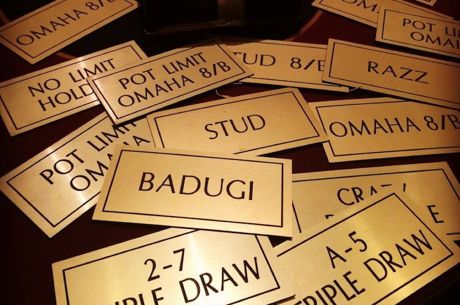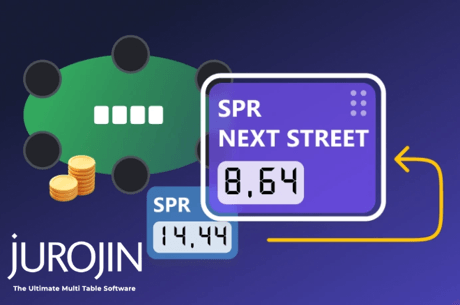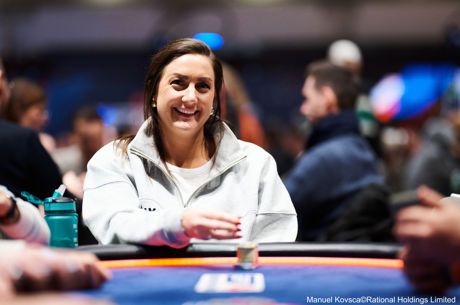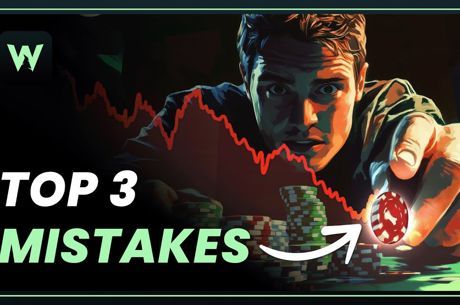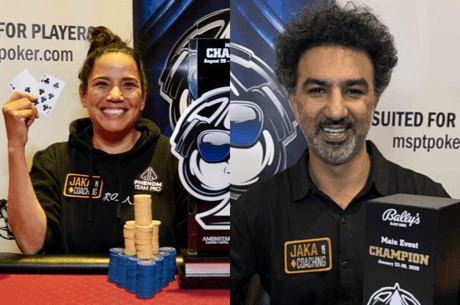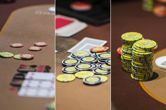Use Post-Performance Reviews to Bounce Back from Poor Poker Sessions
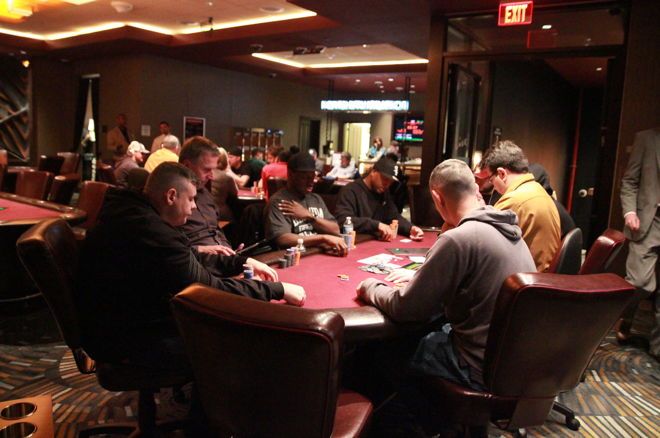
Table Of Contents
For poker players interested in improving their games, it is pretty common to engage in some type of review or post-mortem of playing sessions. Whether you play cash sessions, tournaments, or some other format, such reviews can be critically important to your development.
Unfortunately, most of us use our reflection time in ways that are not very helpful. We run through all the horrible mistakes we made, the bad beats we took, and the spots we missed. Reliving our worst moments in this way leads to no discernible improvement and instead only inspires questions about why we even bother to continue playing.
I suppose that technically this sort of mental beatdown could be considered a post-performance review, but it isn't especially helpful. There is good news, though.
In recent research shared in the Journal of Sport Psychology in Action, Graig Chow and Matteo Luzzeri have shown that going through a structured review process can improve athletic performance because it helps to raise self-awareness and self-monitoring which then leads to more effective self-correction.
To this end, Chow and Luzzeri developed a "Post-Event Reflection" process that I've modified and adapted for poker players. To get the best results with this process, you'll want to make a habit of reviewing each session as soon as possible after it's completed. I've also created some worksheets you can use to conduct this post-session review (linked to below).
There are five major steps in the review and reflection process.
Step 1: Score Your Overall Performance
The first thing you should do is make a note of where and when you played as well as how long your session lasted.
Then give your overall performance a score from 0 to 10, where 0 = a poor overall performance, 5 = an acceptable performance, and 10 = an excellent performance.
Finally, reflect on anything that stands out to you as something to be improved upon or changed. You can also jot down notes about anything that was out of the ordinary or especially unusual during the session, especially if those factors might have affected your performance.
Step 2: Take a Deep Dive into the Good and the Bad
This is the time to delve a little bit deeper into your session. Specifically you want to take the time to write out what went especially well. You may also want to construct a performance rubric with which to grade yourself on particular items such as preflop opening ranges, frequencies by each position, overall aggression, continuation betting, and the like. If you go this route, you can use the same 0 to 10 scale from Step 1 to rate yourself on each skill.
Pay special attention to the areas of your game where you feel the most confident and competent. These are skills that you want to make sure that you reinforce. Doing more of what works is a sure-fire way to improve your bottom line.
Next, take the time to write out what did not go as well. No matter how well a session went, there tend to be at least a few things that can be improved upon. If you used the performance rubric mentioned above, look for items where you rated yourself at a 5 or lower. These are definite areas for improvement.
Looking at your list of items for improvement, decide on one or two things that you want to put some additional effort and attention towards. What is your plan of attack to address these items? More specificity is best when it comes to addressing weaknesses. Coming up with a clear plan for improvement will get you results much faster than a wishy-washy statement like, "I'll work on my opening ranges." What specifically will you do to work on those ranges?
Step 3: Rate Your Mental Game
Similarly grade your mental game by giving your overall mindset a score from 0 to 10, where 0 = a poor overall mindset, 5 = an acceptable mindset, and 10 = an excellent mindset.
It can be helpful to look at specific mental game skills and to rate yourself on each one. Skills like confidence, self-control, and emotional control are examples of critical mental game skills that can make or break your profitability.
As you reflect on the various mental skills, can you come up with one or two that would benefit from some extra work? What is your plan of attack for dealing with those?
Step 4: Rate Your Energy
Energy management plays a much larger role in performance than many of us would like to believe. It can be hard to focus when our energy is off. To this end, rate your energy for the session as well by using a score from 0 to 10, where 0 = low overall energy/stamina, 5 = an acceptable level of overall energy/stamina, and 10 = excellent energy/stamina.
To get more out of your review, you'll again want to look at specific areas. Were you sluggish or energized? Did you feel anxious or calm and collected? Did you get especially fatigued at any point?
Step 5: Open-Ended Reflection
You've come to the end of the review and now is the time for some overall reflection. Specifically, you want to reflect on what you learned about yourself and your game from this particular session. Also, think about whether there is anything else you should make a note of that could be especially valuable to you going forward.
Conclusion
Many players think of each session as a one-off experience, but it is much more valuable to look at each session as one step in your overall development as a poker player. By putting a review process into place your eyes will be opened to opportunities to development. The review process is really useful when it comes to figuring out how to practice more effectively. Getting clear on the exact areas that need work will save you precious time and understanding your strengths will improve your confidence and motivation.
As I mentioned, I've constructed "Post Session Review & Reflection Worksheets" you can use to follow the steps described above. Get those for free over at peakpokermindset.com.
And for more on post-performance reviews, check out the most recent episode of the "Poker on the Mind" podcast where my co-host Gareth James and I discuss the value of this five-step post-session process.
Dr. Tricia Cardner is the author of Peak Poker Performance and Positive Poker (with Jonathan Little), and Purposeful Practice for Poker (with Gareth James). For more from Dr. Cardner, visit her website and follow her on Twitter @DrTriciaCardner.

